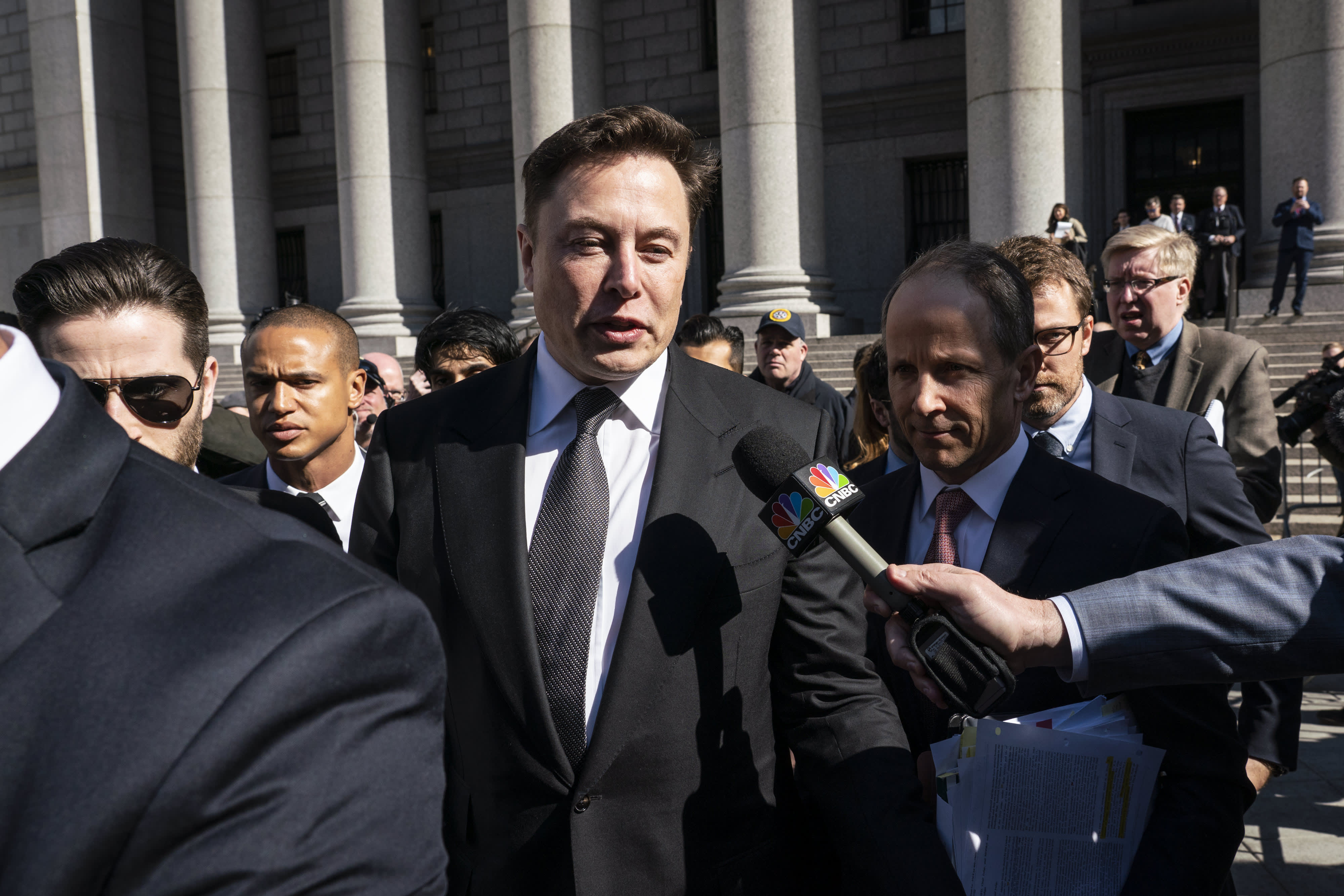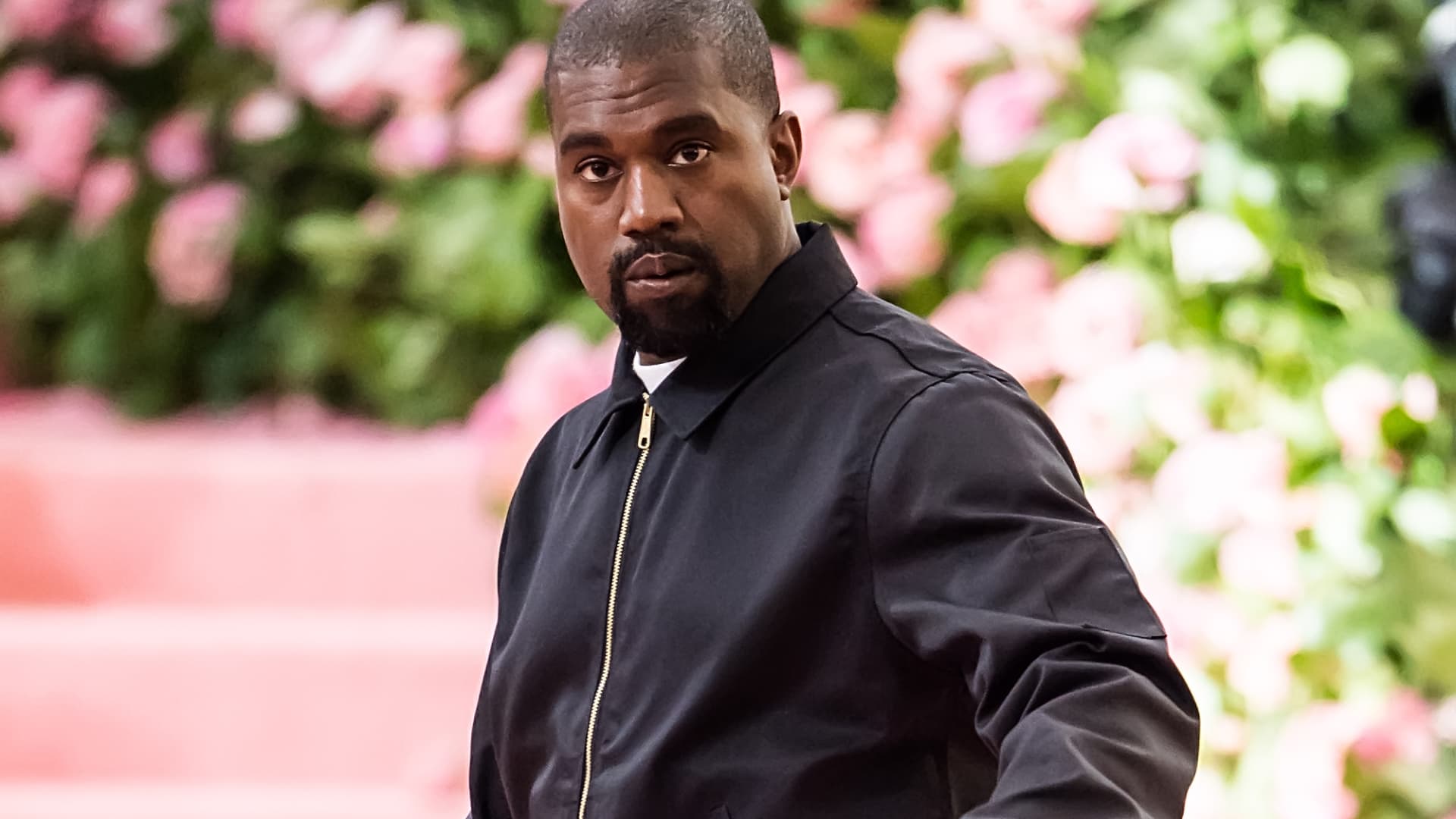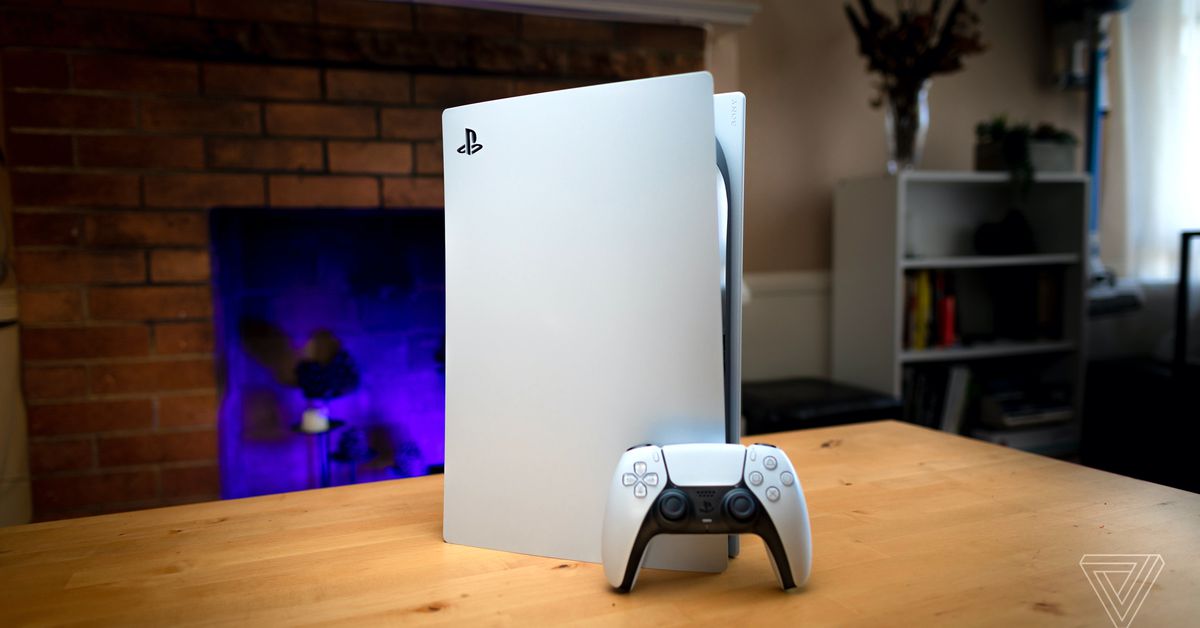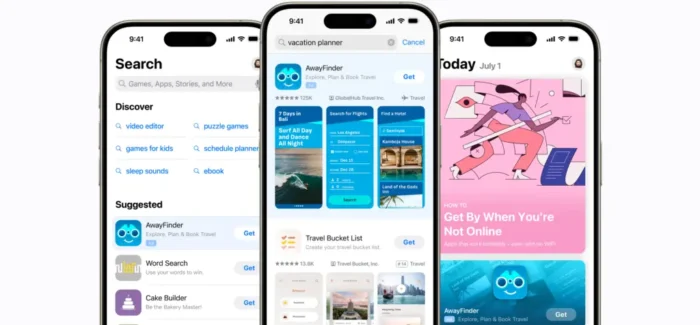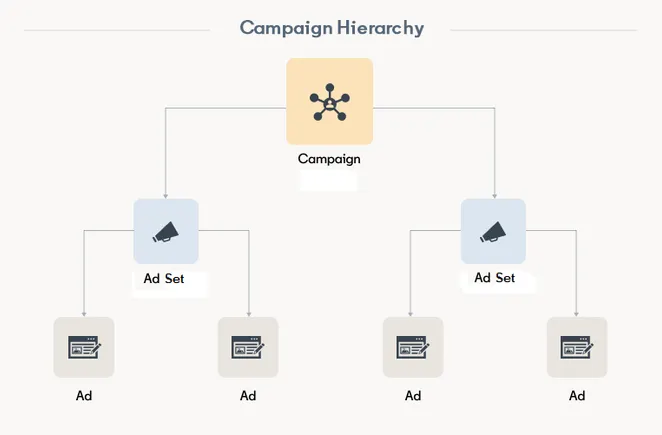Chicago sues DoorDash and Grubhub for ‘unfair and deceptive’ practices
Illustration by Alex Castro / The VergeThe city of Chicago has sued food delivery services DoorDash and Grubhub for allegedly using deceptive and unfair tactics that hurt restaurants during the coronavirus pandemic. The two lawsuits accuse the services of...

The city of Chicago has sued food delivery services DoorDash and Grubhub for allegedly using deceptive and unfair tactics that hurt restaurants during the coronavirus pandemic. The two lawsuits accuse the services of a panoply of misconduct, including falsely advertising delivery services for restaurants without their consent, charging misleading fees to customers, and hiding the costs that they added to a meal.
“It is deeply concerning and unfortunate that these companies broke the law during these incredibly difficult times, using unfair and deceptive tactics to take advantage of restaurants and consumers who were struggling to stay afloat,” said Chicago Mayor Lori Lightfoot, who filed the complaints alongside Acting Business Affairs and Consumer Protection (BACP) Commissioner Kenneth Meyer, and corporation counsel Celia Meza.
The suits apparently stem from a collaboration between the BACP and the City of Chicago Law Department, and they assert claims based on the Chicago Municipal Code. But they echo incidents cited in other lawsuits and public controversies. Grubhub’s lawsuit, for instance, claims the company’s harshly criticized “Supper for Support” discount “was so deceptive that it was forced to issue corrective statements nationally.” Among many other issues, it also singles out Grubhub’s practice of publicizing phone numbers that direct callers to restaurants but quietly add their own fees, as well as making “imposter” versions of restaurant websites.
Grubhub denied the accusations. “We are deeply disappointed by Mayor Lightfoot’s decision to file this baseless lawsuit. Every single allegation is categorically wrong and we will aggressively defend our business practices. We look forward to responding in court and are confident we will prevail,” a spokesperson told The Verge. Grubhub says it discontinued phone orders on August 23rd, although users can still place a Grubhub order through a representative over the phone, and it no longer makes the websites in question.
This is the second recent government lawsuit against Grubhub. In July, Massachusetts Attorney General Maura Healey sued it for allegedly exceeding a local 15 percent cap on fees to restaurants — a charge that is also present in the Chicago complaint.
DoorDash is similarly accused of getting around Chicago’s 15 percent cap with a $1.50 “Chicago Fee” that “misleadingly conveyed to consumers that the city was imposing this fee and receiving the money.”
DoorDash’s lawsuit also includes a shot against the company’s tipping policy — which solicited “tips” to pay drivers’ existing wages rather than actually passing them on as a bonus. (DoorDash announced that it would change the policy in 2019.) “DoorDash misled consumers in Chicago to believe that they were using the ‘tip’ feature on the DoorDash Platform to supplement the income of the driver who delivered their food, over and above the base pay DoorDash provided. Instead, DoorDash largely used the consumer’s ‘tip’ to subsidize its own agreed payment to the driver,” the suit says.
DoorDash also denied the suit’s merits. “This lawsuit is baseless. It is a waste of taxpayer resources, and Chicagoans should be outraged. DoorDash has stood with the City of Chicago throughout the pandemic, waiving fees for restaurants, providing $500,000 in direct grants, creating strong earning opportunities, and delivering food and other necessities to communities in need,” said a spokesperson in a statement to The Verge. Last year it settled a Washington, DC lawsuit over its tipping policy for $2.5 million; the settlement did not include an admission of wrongdoing.

 Konoly
Konoly 








